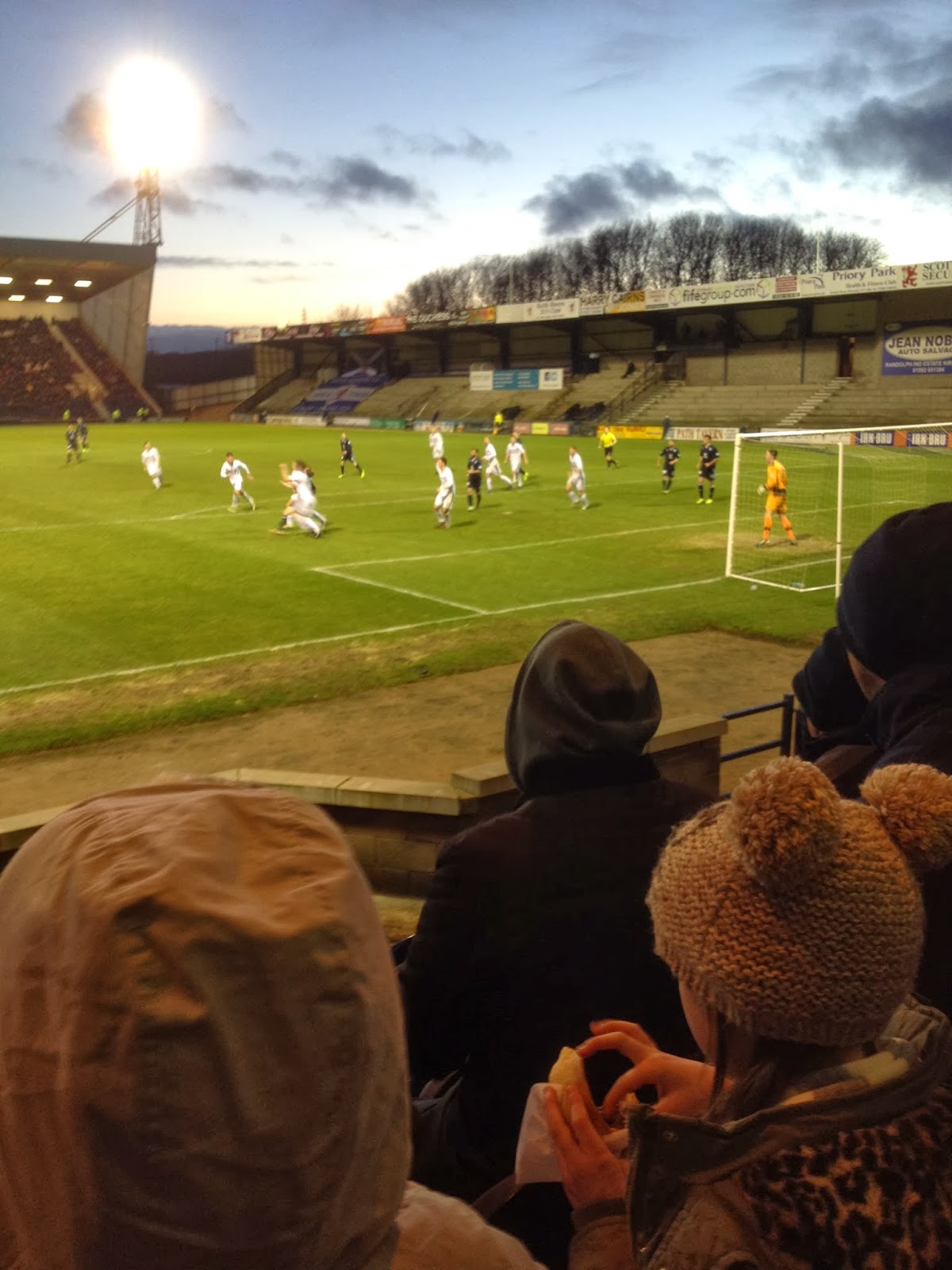Afore I tell ye this wee story, I need tae clear up some local business first. I hae twa principal watering holes in Totnes, the toon in Devon whaur ma hame is. They're the Bull Inn and the Bay Horse Inn both of which are hunders o' years auld. The action in the day’s anecdote took place in the Bay Horse but since I dinna wish tae upset the landlords of either of these twa pubs by seeming to favour ane o'er t'other I thocht I’d pit ma neutrality oot in the open. Tae be honest I perhaps use the Bull mair often since it is nearer tae ma hame which with ma ageing limbs gi'es it an advantage. Baith are excellent but very different establishments and each in its ain way serves an important social purpose in the toon.
 |
| From the corner of the Rotherfold : The Bull Inn and the Albatross Fish n' Chip Shop |
In the last few days I am discovering how much the continuing
news of the Scottish referendum has been
meaning tae people in England. Until noo I've thocht they've kept it under wraps or hae thocht it a distant
prospect and when the event took place the Scots wid see sense and vote tae bide in the union. Recent dispatches frae the north have begun tae deliver a contrary message. They suggest the campaign for independence is building up steam.
Consternation doon sooth is rising and could it be that deeply held resentment is surfacing with it ?
Consternation doon sooth is rising and could it be that deeply held resentment is surfacing with it ?
 |
| From the Old Market : The Bay Horse Inn with white van |
The ither day in the Bay Horse a young loon - I mean a man
in his 30s, which is young by my terms - on discovering I was Scottish
scolded me. "All you Jocks are the same. You spend all the money and we
Britishers have to earn it all so you can spend it again."
I said, " I think constitutionally I am still a Britisher and given that I am domiciled in England and intend to remain here then I would, should Scotland become independent, still technically be a Britisher." He was quite upset aboot it a' and didna' tak ma point and I felt I had tried tae be too much o' a smart alec and wished I hadna' been sae pedantic. Like maist pedants I'd got ma facts wrong since I dinna' think the United Kingdom has a constitution.
I said, " I think constitutionally I am still a Britisher and given that I am domiciled in England and intend to remain here then I would, should Scotland become independent, still technically be a Britisher." He was quite upset aboot it a' and didna' tak ma point and I felt I had tried tae be too much o' a smart alec and wished I hadna' been sae pedantic. Like maist pedants I'd got ma facts wrong since I dinna' think the United Kingdom has a constitution.
Anyway in the end it turned oot he wisna' sae bothered aboot the
Scots wanting tae go it alane, or indeed that we micht be spending his money willy
nilly. What worried him maist wis that if
Scotland did become independent then England could be stuck with a Tory
government forever ! I thocht it best no' tae say, "And whit aboot
Wales and Northern Ireland." We parted pals. It showed tae me that this
Scottish referendum lark is exercising people's thochts doon here
mair than they let on.
What a time for Scotland and the United Kingdom !
*With humility, my respects to the late, mainly lamented Hugh McDiarmid and his great poem "A drunk man looks at the thistle".
*With humility, my respects to the late, mainly lamented Hugh McDiarmid and his great poem "A drunk man looks at the thistle".















